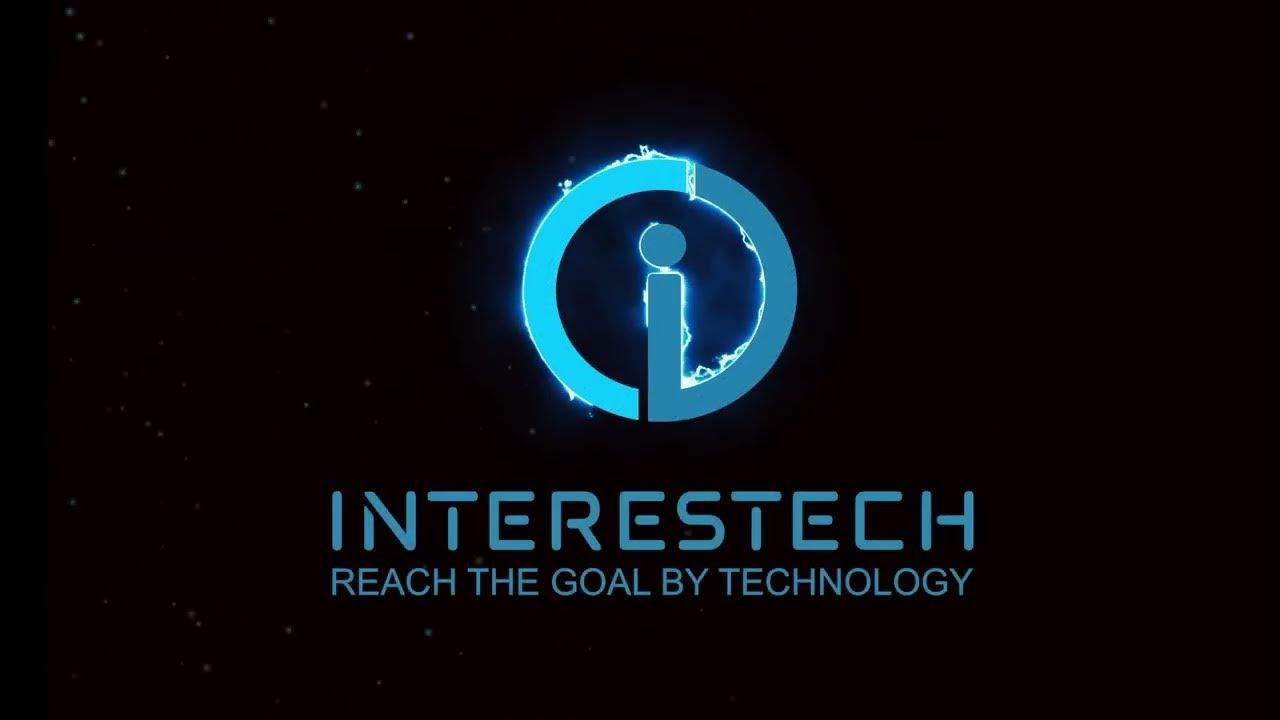Sensors and Actuators intro
Summary
TLDRIn this engaging video, Professor Hardik Pandya introduces a comprehensive course on sensors and actuators at the Indian Institute of Science Bangalore. He highlights the physics behind these devices, their design applications in fields like medicine and electronics, and the fabrication processes involved, such as photolithography and chemical vapor deposition. The course also includes hands-on laboratory experiences and simulation techniques, aiming to equip students with practical knowledge. Emphasizing the accessibility of education through the NPTEL platform, he encourages learners to register and explore the exciting world of electronic systems.
Takeaways
- 🎓 Hardik Pandya, a professor at the Indian Institute of Science Bangalore, introduces his course focused on sensors and actuators.
- 🔍 The course covers the fundamental physics behind sensors and actuators, including fabrication techniques and design principles.
- 🧪 Students will learn about various fabrication methods, such as silicon wafer processing, thermal evaporation, and chemical vapor deposition.
- 🛠️ Practical applications include designing sensors for medical, space, and electronic systems, particularly drug screening tools.
- 📊 Characterization techniques will be explored, including SEM, TEM, XRD, and AFM, to evaluate sensor performance.
- 💻 Simulation using COMSOL multiphysics is emphasized to ensure correct fabrication processes before physical production.
- 🏭 The course includes a laboratory component where students can observe and engage with cleanroom fabrication techniques.
- 📖 Education through the NPTEL platform is highlighted as free and accessible, encouraging students to learn without financial burden.
- 💡 The course promotes an engaging and enjoyable learning experience, aiming to inspire confidence and curiosity in students.
- 📝 Participants will complete assignments and have opportunities for live sessions to clarify doubts throughout the course.
Q & A
Who is Hardik Pandya and what is his professional background?
-Hardik Pandya is a professor in the Department of Electronic Systems Engineering at the Indian Institute of Science, Bangalore. He has experience teaching several courses, including this one on sensors and actuators.
What is the primary focus of the course discussed in the transcript?
-The course focuses on the design, characterization, and fabrication of sensors and actuators, emphasizing the underlying physics and practical applications.
What are some of the applications of sensors and actuators mentioned in the course?
-Applications include medical diagnostics, drug screening, electronic systems, and space technology.
What is the significance of microfluidic platforms in the context of the course?
-Microfluidic platforms are important for designing drug screening tools that help determine which drug is most effective for a patient based on their specific condition.
What characterization techniques will students learn about in the course?
-Students will learn about several characterization techniques, including Scanning Electron Microscopy (SEM), Transmission Electron Microscopy (TEM), X-ray Diffraction (XRD), and Atomic Force Microscopy (AFM).
Why is a cleanroom environment necessary for fabricating sensors and actuators?
-A cleanroom environment is necessary to prevent contamination during the fabrication process, which can affect the performance and reliability of the sensors and actuators.
What practical components does the course include?
-The course includes laboratory components where students will observe and engage with equipment used for characterizing and fabricating sensors and actuators.
How does the course utilize the NPTEL platform?
-The course is offered for free through the NPTEL platform, providing accessible education, with opportunities for assignments, live sessions, and a supportive learning community.
What is the expected duration of the course?
-The course is expected to cover approximately 30 hours of content.
What is Hardik Pandya's philosophy on education as expressed in the transcript?
-He believes that education should be free and accessible, emphasizing that learning should be enjoyable and not a burden, and that it can lead to personal happiness and growth.
Outlines

This section is available to paid users only. Please upgrade to access this part.
Upgrade NowMindmap

This section is available to paid users only. Please upgrade to access this part.
Upgrade NowKeywords

This section is available to paid users only. Please upgrade to access this part.
Upgrade NowHighlights

This section is available to paid users only. Please upgrade to access this part.
Upgrade NowTranscripts

This section is available to paid users only. Please upgrade to access this part.
Upgrade NowBrowse More Related Video
5.0 / 5 (0 votes)





